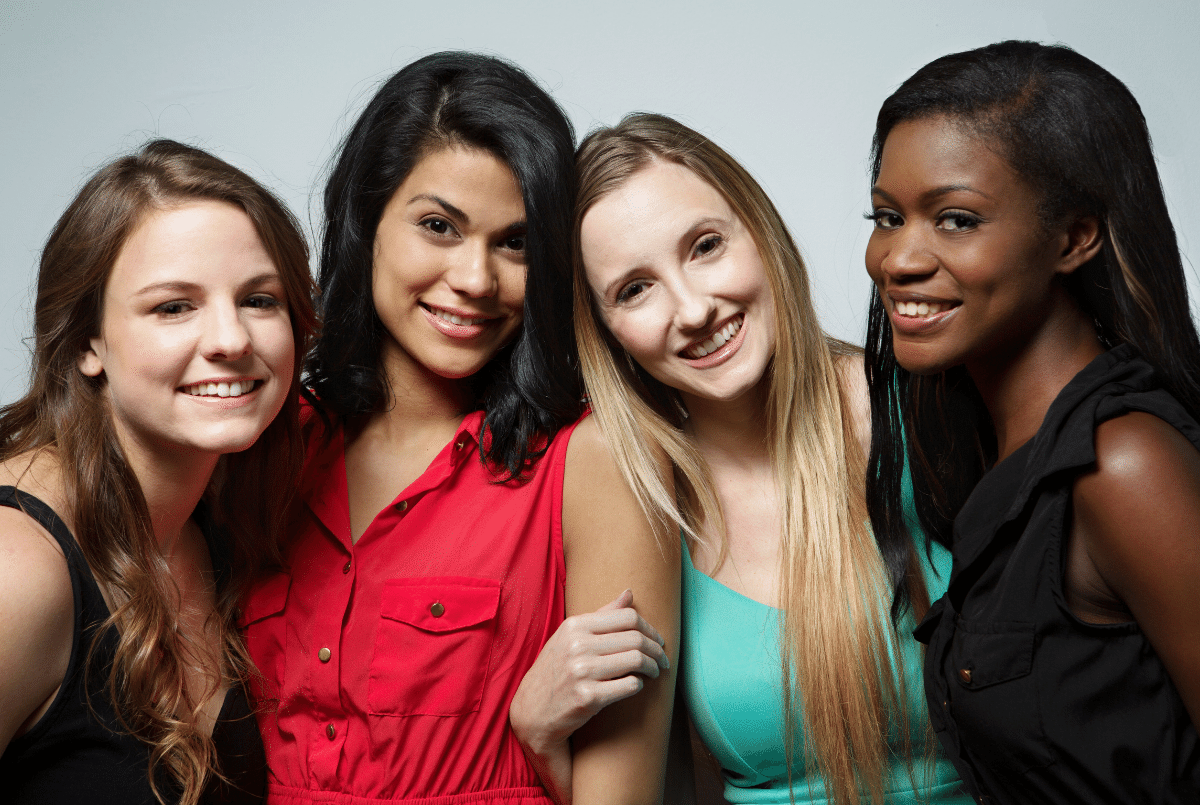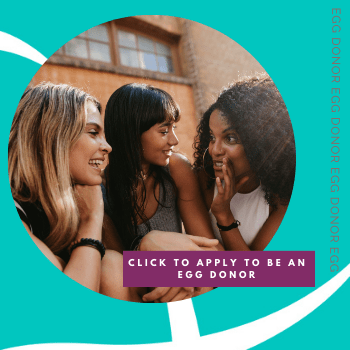
Testing Before Egg Donation: What You Need to Know
It’s a big decision to start the egg donation process. As you go through the steps of egg donation, you’ll take part in a powerful life experience. It’s one that will allow you to earn generous compensation for helping others. You’ll also undergo free, extensive medical screening, including psychological, genetic, medical and fertility tests.
Testing before egg donation not only ensures that you are qualified to donate your eggs, but also provide you with important information about your physical, reproductive, and mental health.
Here at the leading egg collective in California, we have a highly selective and comprehensive testing process before egg donation takes place. Prospective donors complete a detailed questionnaire that’s reviewed by our team, along with additional screening that involves meetings with our coordinator, a reproductive endocrinologist, a psychologist, and a genetic counselor.
The reproductive endocrinologist screens the donor from a medical perspective, while our psychologist screens the donor from the psychological perspective. Prospective donors are also screened for family history of birth defects or hereditary diseases. The prospective donor also undergoes a physical exam, cultures, and blood test to rule out infectious diseases such as HIV, hepatitis B, hepatitis C, gonorrhea and chlamydia. In addition, our donors are tested for their blood type and are screened for cystic fibrosis and inherited disorders related to hemoglobin, such as sickle cell anemia or thalassemia, depending on ethnicity.
In recruiting and screening donors, we adhere to guidelines from the American Society for Reproductive Medicine, the U.S. Food and Drug administration and to our own institutional ethics board.
Before testing begins, our team members are available to explain the process in detail and to answer your questions. The reproductive endocrinologist will describe the medical procedures involved in egg donation and discuss any risks with you.
Not all potential egg donors are selected. Statistically, fewer than 3 percent of those who apply to become an egg donor for our Southern California physician-owned egg donor program will make it through our screening process and become egg donors. We understand that a 3 percent acceptance rate of egg donor applicants may seem low to some of you. Please understand that our selection process is strict and extensive because the PureOvum egg donor program makes health and mental well-being a central focus when accepting women who are competent and ready for the egg donation process.






